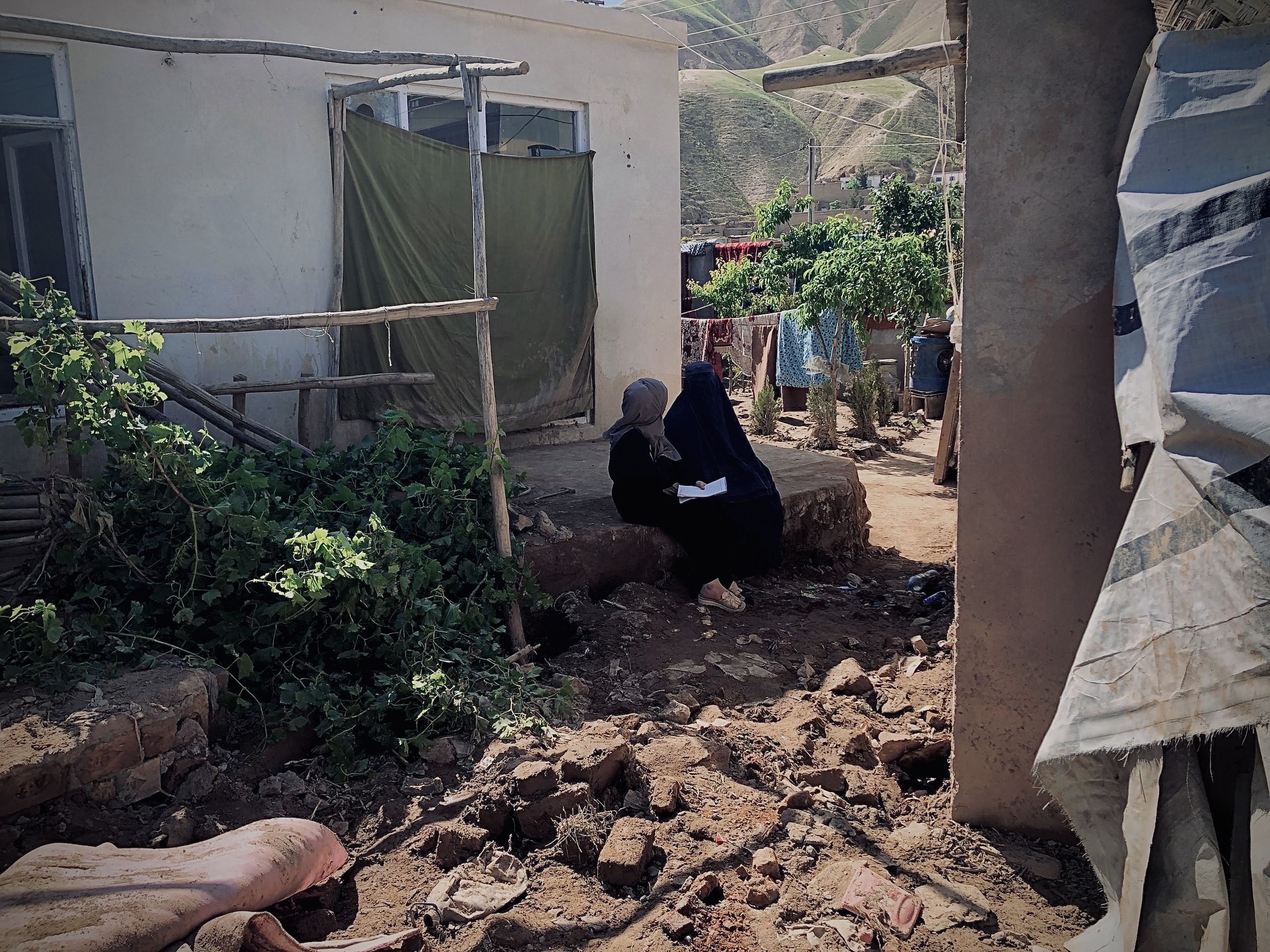Maqsooda and her daughters now limit their water intake during the day, choosing discomfort over using public facilities.
“There is no place for showering or going to the bathroom,” said Maqsooda, forced to leave her home due to flooding.
Several provinces in Afghanistan have declared a state of emergency due to recent flash floods, with over 300 deaths reported by the United Nations’ World Food Program as of May 11. Additional fatalities occurred over the weekend.
Displaced women are facing challenges, including a lack of functional toilets, exacerbating health risks, especially for women and girls.
“There are limited toilets shared among households, and women are not allowed to use the facilities used by male relatives,” Maqsooda explained.
As evening approaches, women in the village seek privacy to relieve themselves, fearing the presence of men.
Pregnant displaced women have resorted to relieving themselves in floodwater due to lack of facilities.
Dr. Ghafar Khan reports an increase in diseases due to unsanitary conditions and lack of clean water.
Volunteer doctors face challenges treating patients, especially due to the shortage of female healthcare providers.
Source: The Afghan Times
Women Struggling to Access Sanitary Products
Women affected by the floods are having difficulty accessing sanitary products, often due to cultural taboos.
Relief organizations provided food and tents to flood-affected families, but sanitary products were lacking.
Frishta shared the challenges faced by menstruating women in the absence of sanitary pads.
Despite efforts to distribute sanitary products, cultural stigmas remain hindrances.

Source: The Afghan Times
The names of the interviewees have been changed to protect their identities.
